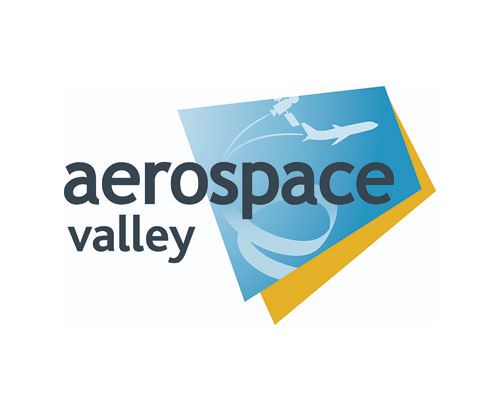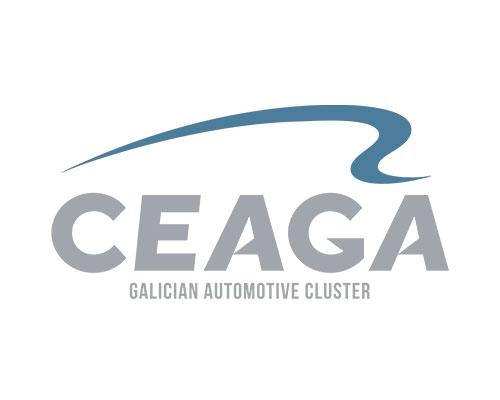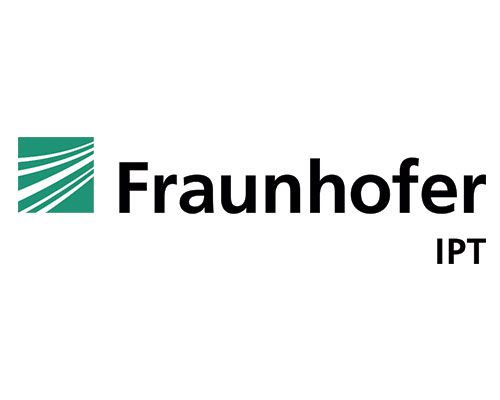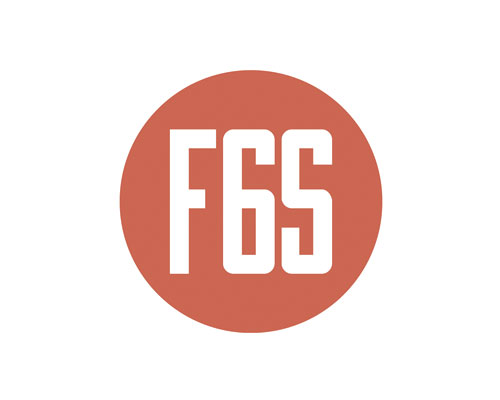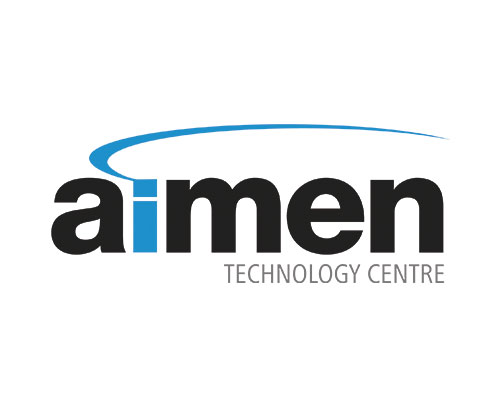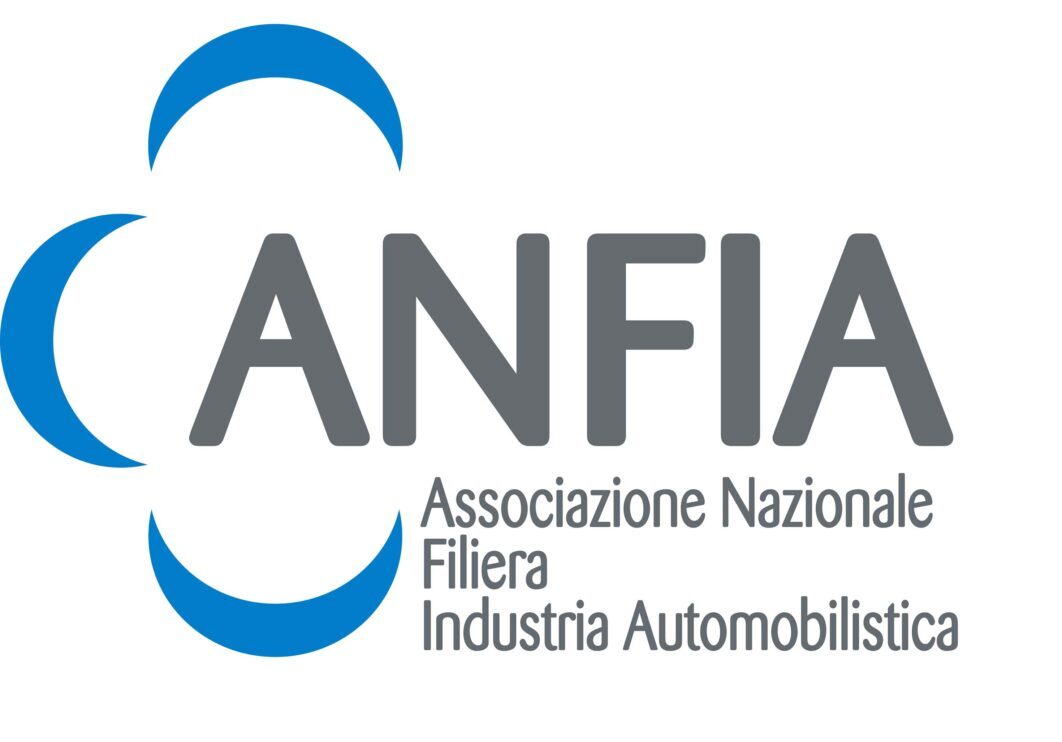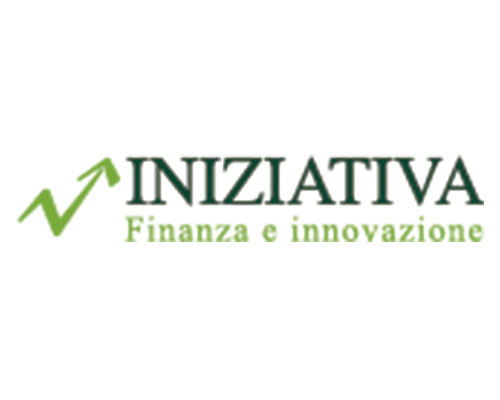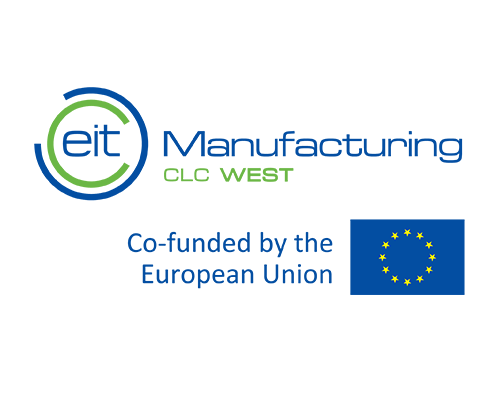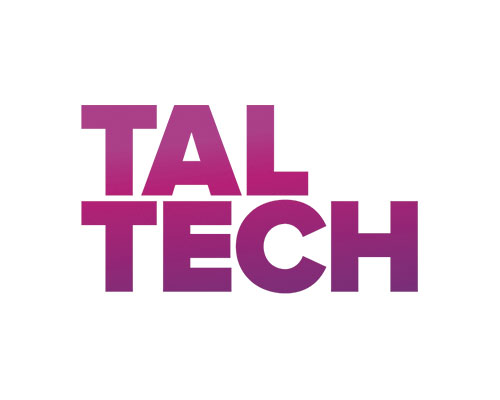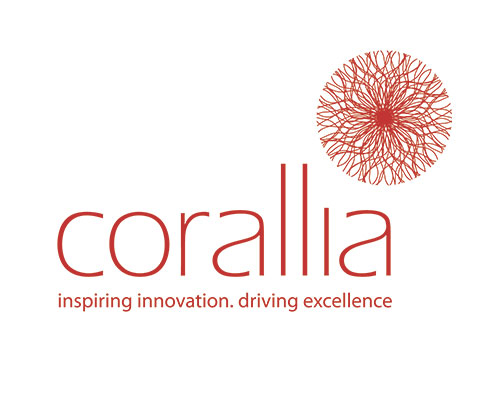The project
SURE 5.0 is a project funded by the European Commission under the Horizon Europe programme, which aims to support SMEs from the Civil Transportation (MTA and aerospace & defence) and Electronics ecosystems, to integrate in their manufacturing processes the industry 5.0 principles, in order to become more human-centric, sustainable and resilient.
For this aim, the project will foster the adoption and deployment of advanced technologies as well as the consideration of social innovation practices that will facilitate their twin transition (digital and green).
The project will mobilise EUR 2,6 million in cascade funds addressed to SMEs so they can finance their 5.0 projects.
Project Name
“Supporting the smes SUstainaibility and REsilience transition towards industry 5.0 in the mobility, transport & automotive, aerospace and electronics European ecosystems”
Acronym
Project reference
Duration and funding
Total cost
EU contribution
Call
Coordinator
Rest of partners
- Galician Automotive Cluster (CEAGA, Spain)
- Silicon Alps Cluster GmbH (SAC, Austria)
- Fraunhofer IPT (FhG, Germany)
- F6S Network Ireland Limited (F6S, Ireland)
- Asociación de Investigación Metalúrgica del Noroeste (AIMEN, Spain)
- Associazione Nazionale Filiera Industria Automobilistica (ANFIA, Italy)
- Iniziativa Cube (INI, Italy)
- EIT Manufacturing West (EITMW, Spain)
- Tallinna Tehnikaülikool (TalTech, Estonia)
- Athena Research Center/Corallia clusters Initiative Unit (CORALLIA, Greece).
Industry 5.0
What is it?
In order to face the tougher competition with international companies (especially in the US and China) and preserve its market share, the European industry started the transition from a traditional model to a more sustainable one, following the basis of the industry 4.0 concept, where digitalisation, robotics and AI driven technologies are used to increase the efficiency and flexibility of production. But as in all revolutions, there is a risk of going too far, too fast, thus creating new vulnerabilities. Due to this threat, a new concept emerged in the mid-2010’s: Industry 5.0.
Human-centricity: empowering people
Sustainability: circular and low carbon economy
Resilience: innovation, going digital, technologies, investments
PARTNERS
We are a consortium formed by 11 partners from 8 different countries (France, Spain, Austria, Germany, Ireland, Italy, Estonia and Greece). This collaborative group has been carefully selected with the right mix of cluster organizations, RTOs, universities and business innovation centres as members, being able to offer cross-border high level expertise in various domains of competence and the best value to SMEs.
Objectives and activities
The Work Plan is modelled on the SMEs journey, which starts in the work package 1 (WP1) and guides engaged SMEs through a training and upskilling process towards the implementation of Industry 5.0 principles (done in WP2 and WP3).
WP1 aims to develop the assessment methodology, select promising companies, and deliver open webinars and more detailed assessments. The services provided by the consortium can be found in WP2, while the selection and follow-up of the enterprises receiving financial support is carried out in WP3. WP4 gathers actions aiming at creating, developing and sustaining a community of companies with common challenges related to Industry 5.0. Finally, Work Packages 5 and 6 cover the project communication and management actions and Work Package 7 deals with Ethics compliance.
WP1
SMEs engage with the project through the self-assessment tool, access open webinars on Industry 5.0 related issues and may apply to the stage 1 call to receive an individualised assessment of their innovation, sustainability and resilience practices,).
WP2
Deployment of the consortium services offered to SMEs selected in stage 1 call, aiming at facilitating the understanding and assimilation of Industry 5.0, covering: the uptake of advanced technologies, training programmes, investment readiness and support on social innovation and human centricity.
WP3
Recruit, engage and monitor the SMEs eager to deploy/ implement their transition plan towards Industry 5.0, including the following tasks: the launch of the stage 2 call for applications related to business transformation & resilience projects, the evaluation and selection of proposals and the assessment of the progress development.
WP4
the continuity of the project activities and outcomes beyond the end of the project.
WP5
Communicate on the project opportunities for SMEs and disseminate results to stakeholders
in order to achieve the greatest possible impact.
WP6
Project management, including administrative issues and the work packages coordination through the implementation of the project management structure and the procedures defined in the Consortium Agreement.
WP7
Ethics compliance, Set out the ‘ethics requirements’ that the project must comply with.
DELIVERABLES
Find here the public deliverables created in the framework of the project. They will be available for downloading as soon as they are validated by the European Commission
| Deliverable | WP | Dissemination level | Delivery date |
| D1.1 Technological services for Industry 5.0 uptake | 1 | PU – Public | Download 🔽 |
| D1.2 Open Webinar Report | 1 | SEN – sensitive | M20 |
| D1.3 Guide for applicants | 1 | PU – Public | Download 🔽 |
| D1.4 Report on Stage 1 SME selection | 1 | SEN – sensitive | M19 |
| D1.5 Report on SMEs assessments | 1 | SEN – sensitive | M24 |
| D2.1 Services catalogue for SMEs business transformation | 2 | PU – Public | Download 🔽 |
| D2.2 Technological services for Industry 5.0 uptake | 2 | SEN – sensitive | M30 |
| D2.3 Upskilling and reskilling Industry 5.0 programme and materials | 2 | SEN – sensitive | M30 |
| D2.4 Industry 5.0 investment readiness support report | 2 | SEN – sensitive | M30 |
| D3.1 Stage 2 documents KIT and third-party financing rules | 3 | PU – Public | Download 🔽 |
| D3.2 Stage 2 report | 3 | SEN – sensitive | M25 |
| D3.3 Third parties Progress and results consolidation report | 3 | SEN – sensitive | M33 |
| D4.1 Inventory of networks, centres and initiatives offering services | 4 | PU – Public | Download 🔽 |
| D4.2 Report on the creation and management of the Community of Practice Alliance members | 4 | SEN – sensitive | M36 |
| D4.3 Catalogue of Complementary Service Providers | 4 | SEN – sensitive | M12 |
| D4.4 SURE 5.0 exploitation and sustainability plan | 4 | SEN – sensitive | M30 |
| D5.1 Plan for the Dissemination and Exploitation, including communication activities | 5 | SEN – sensitive | M2 |
| D5.2 Communication channels and promotional material | 5 | PU – Public | Download 🔽 |
| D5.3 Report on policy input and impact | 5 | PU – Public | M34 |
| D6.1 SURE 5.0 project handbook | 6 | SEN – sensitive | M2 |
| D6.2 Project Monitoring Dashboards M6 | 6 | SEN – sensitive | M6 |
| D6.3 Project Monitoring Dashboards M12 | 6 | SEN – sensitive | M12 |
| D6.4 Project Monitoring Dashboards M18 | 6 | SEN – sensitive | M18 |
| D6.5 Project Monitoring Dashboards M24 | 6 | SEN – sensitive | M24 |
| D6.6 Project Monitoring Dashboards M30 | 6 | SEN – sensitive | M30 |
| D6.7 Project Monitoring Dashboards M36 | 6 | SEN – sensitive | M36 |
| D6.8 Data management plan | 6 | SEN – sensitive | M2 |
| D6.9 Ethics compliance Mid-Term Report | 6 | SEN – sensitive | M18 |
| D6.10 Ethics compliance Final Report* | 6 | SEN – sensitive | M36 |
| D7.1 OEI – Requirement No. 1 | 7 | SEN – sensitive | M2 |
